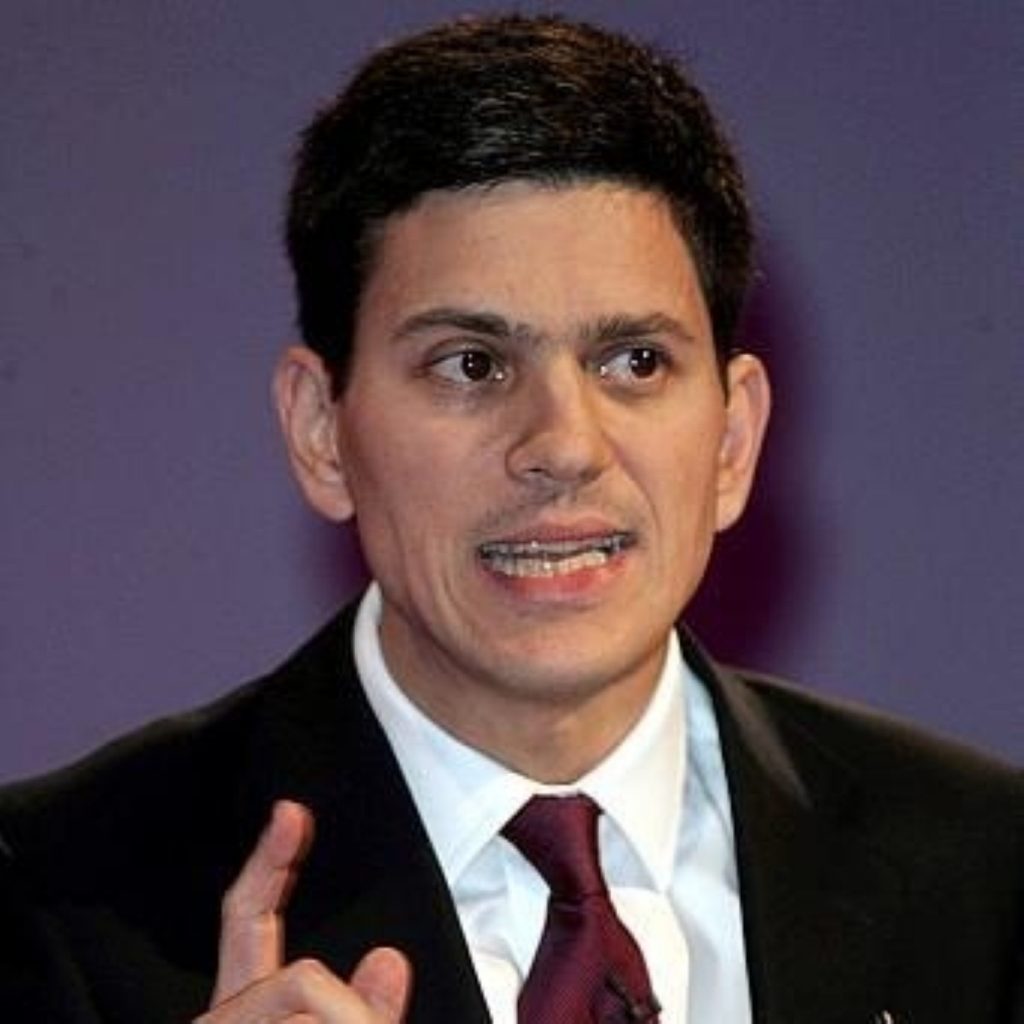Miliband gaffe over Brown premiership
David Miliband last night found himself in hot water after appearing to suggest Gordon Brown would not be as popular a prime minister as Tony Blair.
In a gaffe made worse by the speculation that Mr Miliband himself might one day stand for the Labour leadership, the environment secretary said that within six months of the chancellor taking over, the public would want Mr Blair back.
“I predict that when I come back on this programme in six months’ or a year’s time people will be saying, ‘Oh, wouldn’t it be great to have that Blair back, we can’t stand that Gordon Brown’,” he told BBC One’s Question Time.
“Whoever’s in, it’s one of those things – in government people have a whack at you.


“That’s part of the joy of politics, but what I would say is that this is a country that is richer, fairer and more confident than it was ten years ago, and we should be grateful for all of that.”
However, when pressed that he was implying Mr Brown should not, as expected, take over from Mr Blair this summer, he insisted: “No, I’m not suggesting that.
“I think Gordon Brown will be the prime minister, I think he will be a very successful prime minister, but I think that in politics in the end it is at election time that people make their judgment.”
Mr Blair has refused to name Mr Brown as his successor for months, but this week gave the firmest indication that the chancellor would indeed take over at No 10.
MPs on the House of Commons liaison committee questioned the prime minister about his policy review process, asking whether it was – as many commentators suggest – an attempt to bind his successor into New Labour policies for the next ten years.
Mr Blair denied this and made clear the reviews, which cover major issues such as the reform of public services, security and globalisation, were a joint effort.
“The chancellor and I are both involved in all the policy groups and it is an attempt to say what are the challenges for the next ten years, and we are doing it collectively as a government,” he said.
“Out of this will come future policy directions; what will not come is a detailed set of plans in each area or, still less, a manifesto for the government for the future.”









